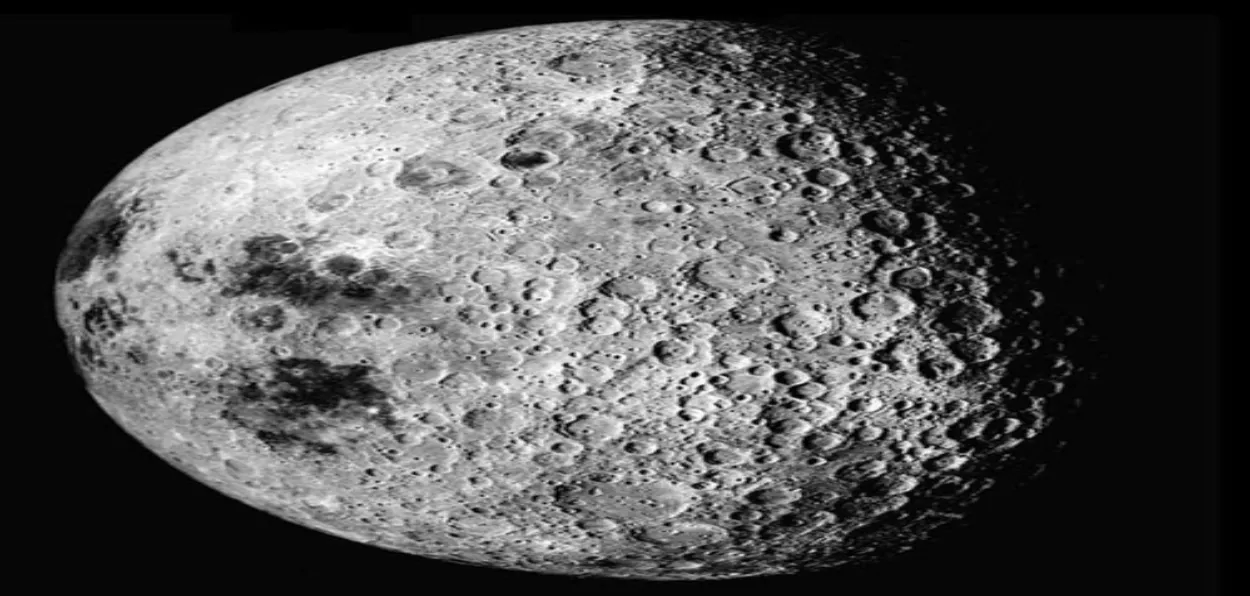
New Delhi
The Moon's South Pole, according to NASA, is full of "mystery, science and intrigue", a media report said.
There are deep craters which have been shielded from sunlight for billions of years, where temperatures can plummet to astonishing lows of -248-degree C (-414 F), BBC reported.
Notably, India’s moon lander part of the Chandrayaan-3 mission successfully set its four legs softly and safely on the lunar surface in the South Pole on Wednesday evening as planned.
Water is one key reason why scientists want to explore the area around the lunar South Pole, BBC reported.
Scientists believe frozen water might have accumulated in cold polar regions over millions of years and could provide a unique sample for scientists to analyse and understand the history of water in our solar system.
If the water ice on the Moon turns out to be possible to extract, some hope it could eventually be used by astronauts, reducing the amount of water that would have be blasted into space on crewed missions, BBC reported.
Also, water molecules can be broken into hydrogen and oxygen atoms - which could perhaps one day be used as propellants for rockets.
Meanwhile, BBC reported on India’s Chandrayaan-3 mission -- "This is a massive moment for India and it bumps them up the space superpower list."
Landing on the Moon is far from easy – as Russia’s attempt this week highlighted – and many missions have failed, including India’s first attempt in 2019.
But it was second time lucky, and India now joins three other nations - the US, the former Soviet Union and China - which have successfully touched down on the lunar surface.
And they’re now ready to explore an area where no other spacecraft has been before – the lunar South Pole, BBC reported.
ALSO READ: India overtakes the world by landing on the Moon’s South Pole
There’s growing scientific interest here. The craters in this region are permanently in shadow and contain frozen water. This would be a crucial resource for future human exploration - NASA’s Artemis mission, which is sending astronauts to the Moon, is targeting this region too, the report said.
